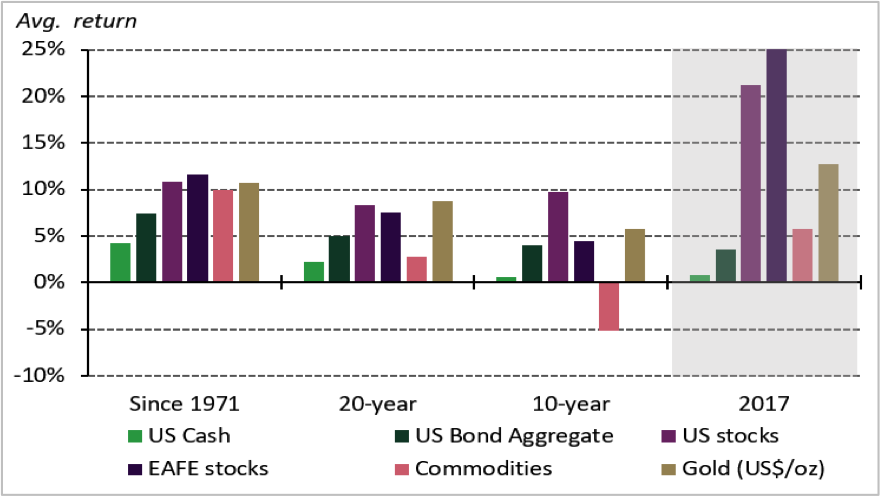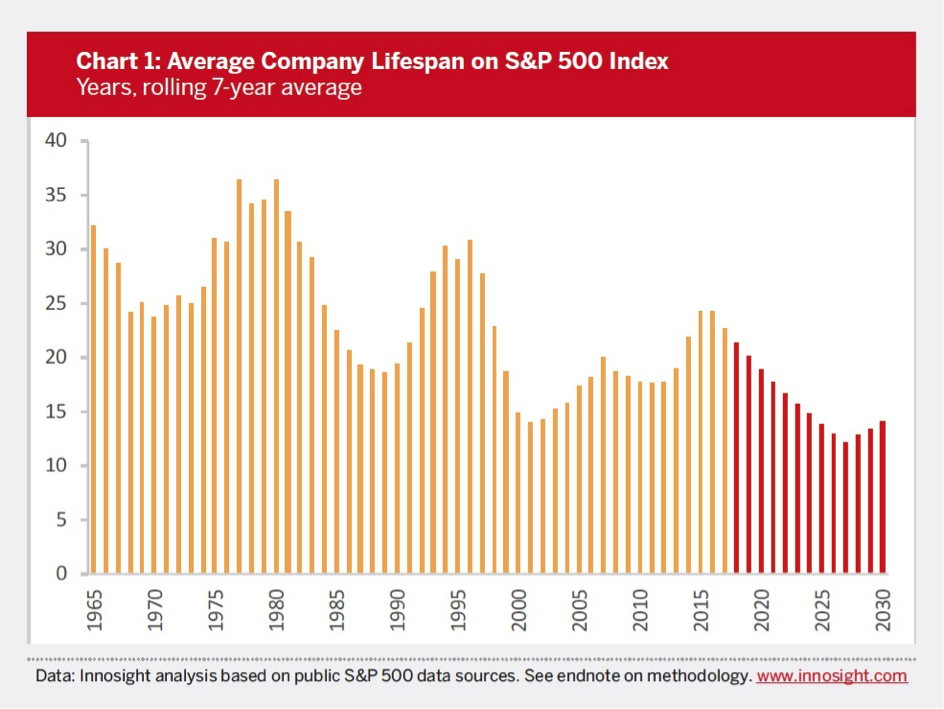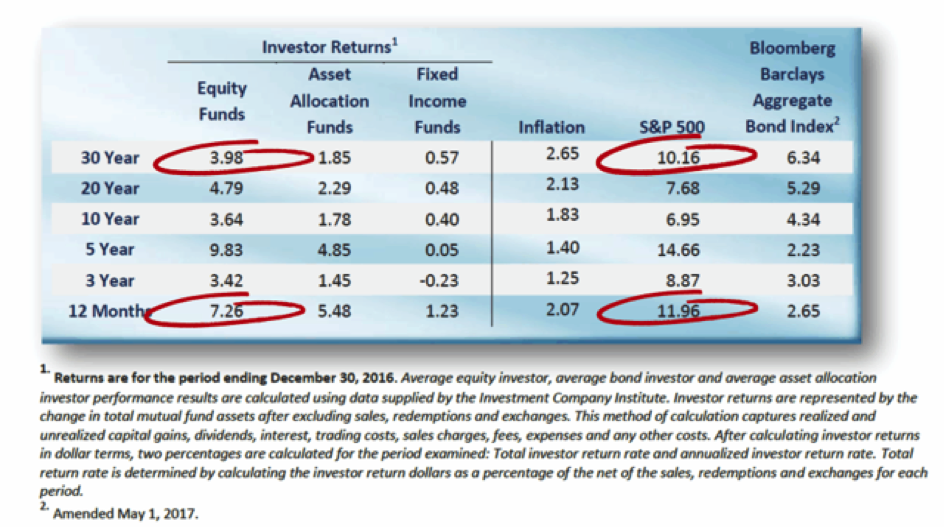If Buffett is Right – its time to shut Livewire Down!
Long dubbed ‘Woodstock for Capitalists’, or the Stockmarket Superbowl as we prefer, the recently held Berkshire Hathaway Annual Meeting offered plenty of insights for investors big and small.
My personal favourite came from Buffets offsider Charlie Munger, who, when asked what Berkshire’s formula was to incorporate qualitative factors into their valuations, replied that none exist, and that if the questioner wanted such a formula; “you should go back to graduate school. They’ll give you lots of formulas that won’t work.”
One can only imagine what Buffett and Munger think of “community based EBITDA”, and the proclamation from WeWork CEO Adam Neumann his company is “a state of consciousness” and that their valuations are justified not based on a multiple of revenue, but on their “energy and spirituality”.
Apart from their outlook on stocks, investing for the long run, their humongous cash pile, the current political climate, treasury yields and their view on asset valuations, they were of course given the opportunity to discuss investments they don’t like.
Given its meteoric price rise, and their long noted distaste, it’s no surprise that Buffett and Munger chose to ratchet up their criticisms of Bitcoin, with Buffett calling it ‘rat poison squared’, whilst Munger separately compared those trying to make money off cryptocurrencies as being of a similar ilk to those who would try to make money ‘trading harvested baby brains’.
Whilst Bitcoin got more attention, the one asset they again didn’t forget to sink the boot into was gold!
At their meeting over the weekend, Buffett gave an comparison of investing $10,000 in gold or $10,000 in stocks back in 1942, stating that; “for every dollar you could have made in American business, you’d have less than a penny of gain by buying into a store of value which people tell you to run to every time you get scared by the headlines.”
To further drive the point home, Buffett went on to state that; “All you had to do was figure that America was going to do well over time. You basically had to make one investment decision”, and that that one investment decision to put $10,000 into American enterprise would now be worth a staggering USD $51 million!
To be fair, journalists and regular investors ask Buffet about gold on a semi regular basis, and he is of course entitled to his opinion, and he is also right that investing in businesses should yield a higher return than gold over time (the world would be a rather dystopian and unproductive place were it not so).
Nevertheless, we can’t help but feel Warren’s example is disingenuous to say the least, and somewhat misleading to investors.
Lets pick apart why!
The Timeframe of Comparison Makes no Sense!
Given his personal life journey, it’s understandable why Buffett compared the return on gold and stocks from 1942 to end 2017 as it appears 1942 is when he got started in the investing game.
In terms of communicating a useful idea to investors though, the comparison makes no sense, as gold prices were fixed until 1971, so for almost 30 years you had no movement in gold, whilst the S&P500 was charging higher.
The 2017 letter from Berkshire published here, includes an annual performance figure for the S&P500 with dividends reinvested.
Putting to one side the capital gains taxes on shares sold, and on the dividends paid over this time, which would have reduced total returns, had one invested $10,000 as per Buffets example in the S&P500 back in 1971, then by end 2017 it would have grown to USD $1.16 million dollars.
That's a fair way shy of the USD $51million Buffett threw out there.
The same $10,000 would have bought you about 285 troy ounces of gold at USD $35 per ounce back in 1971, which would have been worth USD $369,000 by the end of last year.
So Buffett is right that stocks have outperformed gold but the margin of difference is nowhere near the ridiculous $51 million versus $400,000 comparison that he used.
Indeed when it comes to how well gold has held up in absolute as well as relative terms over the past 45 years, consider the chart below, which shows the performance of US stocks, as well as gold and a handful of other assets in 2017, as well as over 10 years, 20 years and the entire 1971 to 2017 time period.
Source: World Gold Council
As you can see, over a 10 year period, gold outperformed everything except US stocks, whilst over a 20 year period, nothing bested it. Since 1971, it beat bonds and cash comfortably, making it comfortably the best performing defensive asset available to investors.
The above is a far more robust and representative apples with apples comparison between stocks and gold (and other assets for that matter) than the one Buffett used.
Gold has more than held its own performance wise as an asset in its own right, and especially as part of a diversified portfolio given its low correlation to financial markets and its performance in risk off environments.
Buying stocks is not just “one investment decision”
Buffett’s statement that the choice to buy shares was basically “one investment decision” is highly misleading, though somewhat ironically, its absolutely true for gold.
This is because, at the risk of stating the obvious, that one ounce of gold bought in 1942 will be the same ounce of gold in 2018, as it will be in 2028 and forever more. Therefore, as an investor, whilst you have minimal certainty about what your gold will be worth on any given day (just like your stock holdings), it is just “one investment decision” to buy and own gold. The gold won’t be ‘disrupted’, it won’t go bust, it won’t egregiously over-lever its balance sheet or charge blindly into other market sectors it knows little about.
Stocks offer no such guarantee.
Furthermore, unlike the precious metal, one could not merely ‘buy the S&P500’ via an index fund or some such mechanism back in the 1940s, a point Buffett himself admitted, though obviously its easier for investors to get broad based market exposure today.
Instead, over the last 70 plus years, an investor would have needed to regularly monitor their portfolio, and make multiple (possibly hundreds) of investment decisions, rotating money into and out of certain stocks and or managed funds.
This would have entailed brokerage and funds management fees each time an investment was made, and capital gains taxes where applicable, all of which would have chipped away at net returns.
Had any stock market investor attempted to make “one investment decision” back in 1942 (a true buy and hold type), they would likely find today that many of the companies they bought back in 1942 no longer exist, or have fallen from grace.
Given that, their portfolios is actually likely to be worth donuts, rather than the $51 million Buffett theorised, with this article highlighting the fact only 60 companies that were in the Fortune 500 back in 1955 are still there today.
The other 90% of the companies that were top of the pile in the mid 1950s have either gone bankrupt, merged, or fallen from their perch.
That analysis, which essentially highlights the typically ephemeral nature of individual corporate success (for want of a better term) is not unique, with a 2018 corporate longevity study by innosight, which included the chart below, finding that the 33 year average tenure of companies in the S&P500 in 1964 had shortened to just 24 years by 2016.
It is forecast to fall to just 12 years by 2027.
Now of course the freedom to buy and sell individual stocks and managed funds offers investors the chance to outperform the market (unlike gold, where there is no alpha), as Buffett himself has done so spectacularly, but data looking at the track record of many investors would suggest they are just as if not more likely to underperform the market over time.
The following table, produced by DALBAR, highlights returns to end 2016, over multiple time periods, with the data suggesting investors in equity funds earned just 3.98% over the last 30 years.
As the table highlights, that is not even equal to 40% of the market return generated over the same time period, with the S&P 500 delivering over 10% over the past three decades.
In theory, people could have bought and held. In reality no one does.
Putting aside the risk of individual investment decisions enhancing or torpedoing ones portfolio, and the key takeaway from looking at the ever changing nature of which companies are going to be successful is that no one really knows what will happen to Apple, to Facebook, or the rest of today’s market darlings.
The forces of creative destruction (and sadly, bueruecracy and excessive regulation) will continue to work their magic in the real economy and in financial markets.
If Buffett was right that investing in stocks is “just “one investment decision”, then in theory everyone reading this can stop right now, place all their money in a low cost ETF, and hit the beach. Indeed Livewire might as well shut down (please don’t Tom, James and team), as there is theoretically no need for readers to access the insights of the fund managers, macro commentators and other finance professionals that provide actionable ideas on the opportunities (and risks) out there in financial markets, helping build a great community via this platform along the way.
It’s clearly a false argument and misleading suggestion, with the very uncertainty that comes with stock market investing and specific companies is highly relevant to Berkshire itself. More than a decade ago, back in 2006, Buffett (in a written note about his eventual successor) noted that; “A single, big mistake could wipe out a long string of successes.”
Today, Buffett and Munger are at pains to calm investors when the subject of succession planning inevitably comes up, with both highlighting the capability of their key lieutenants.
This very risk that Buffet acknowledges regarding his successor, and the fact that this conversation is taking place at all demonstrates clearly that buying stocks (or even investing with a particular fund managers) is not “one investment decision”.
Beware Valuations – just as Buffett is!
The final critique we have of the example Buffett gave regarding stock vs. gold investment is that it more or less totally ignores the importance of valuations.
This is particularly strange given Buffett and the team at Berkshire are obviously acutely aware of the risks in markets today given how elevated many asset markets appear.
How else to explain their USD +$100bn cash war chest, which they’d clearly like to deploy into the markets, but aren’t, given current valuations and the apparent lack of attractive opportunities.
Encouraging retail investors to be long an index of stocks all the time is very much a case of ‘do as I say, not as I do’, and leaves said investors entirely exposed to the changing whims of the crowd.
Now had you deployed capital into the markets in 1942 as per Buffett’s example, it would have worked out very well. Based on CAPE data, investors were only willing to pay approximately 10x company earnings at the time, a number that is well below the long-run average, though should be no surprise given it was smack bang during the middle of WWII.
Investors today are now paying over 30x earnings to own stocks. Historically, that is a level from which buy and hold investors of "the market" have typically made no money in the following decade, instead suffering major declines in their equity portfolios.
At the very least, their margin of error, from a valuation perspective, is decidedly narrower today than it was seventy-five years ago, which only enhances the importance of diversification and broader asset exposure.
Given physical gold has proved to be the highest performing single asset class in ‘risk off’ periods for equity markets (download this 2015 report from AQR for more on this subject), and given Berkshires warnings about bond markets and the long-term value of fiat currencies, one might expect Buffett to speak about the yellow metal in a more balanced and less negative light.
Stocks and Gold – not Stocks or Gold!
The point of this note is not to suggest that Buffett is wrong, and that physical gold is a superior investment to owning shares in productive businesses.
Buffett is 100% accurate that shares are, over the long run, the best way of building wealth in liquid capital markets, and I say that both as a private investor who continues to hold physical precious metals as the largest asset class exposure in my portfolio (as I have since the early 2000s), and as a finance professional who makes their living in the gold industry.
The key criticism I have of Buffett is that by making these outlandish examples of gold vs. stocks – he’s intimating to investors that they should see these asset classes as either/or investments, and that stocks are the ‘slam dunk’ winner of that contest.
This is a dangerous line of thinking to be promoting at the best of times, and especially today, given the unresolved economic challenges we face in the developed world, the difficult path central banks face as they attempt to ‘walk back’ the extraordinary monetary stimulus deployed since the GFC, and the elevated valuations in financial markets that Buffett himself is so acutely aware of.
A far more reasonable, informative and practical view would be to highlight the benefits of owning gold and stocks in a portfolio.
Combined together, gold and stocks are a powerful force, offering returns that can exceed the stock market over the long-run, with much lower volatility and downside risk than either asset in isolation can offer.
Gold vs. stocks is a stupid argument. Gold and stocks is a great solution!
7 topics
.jpg)



.jpg)